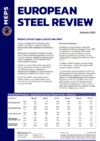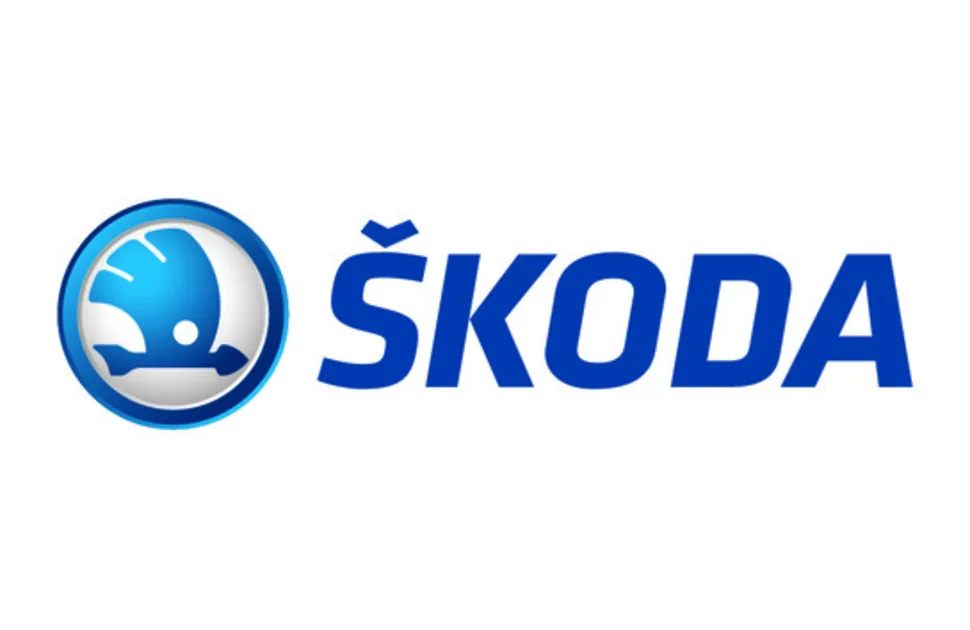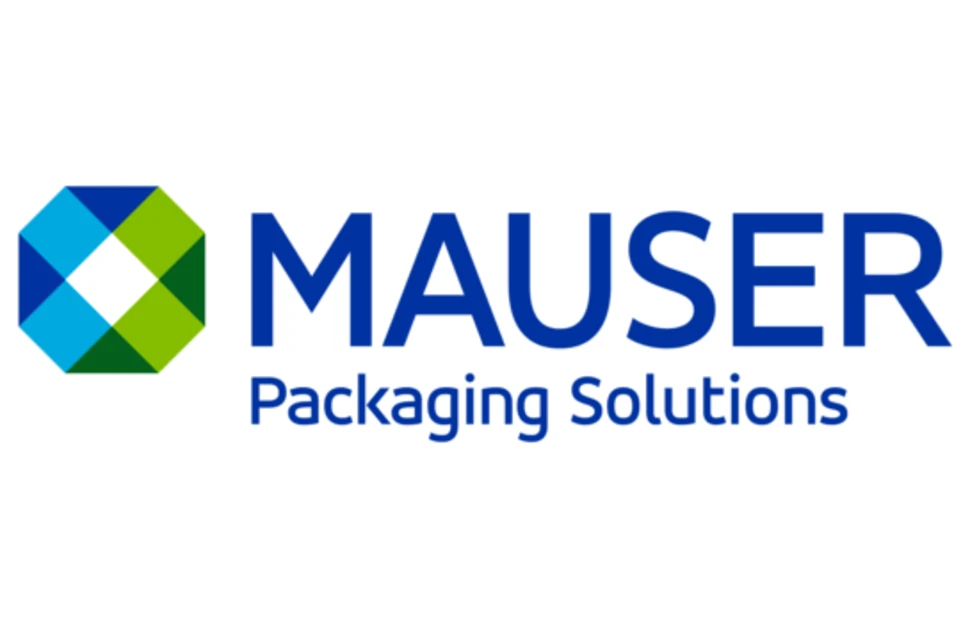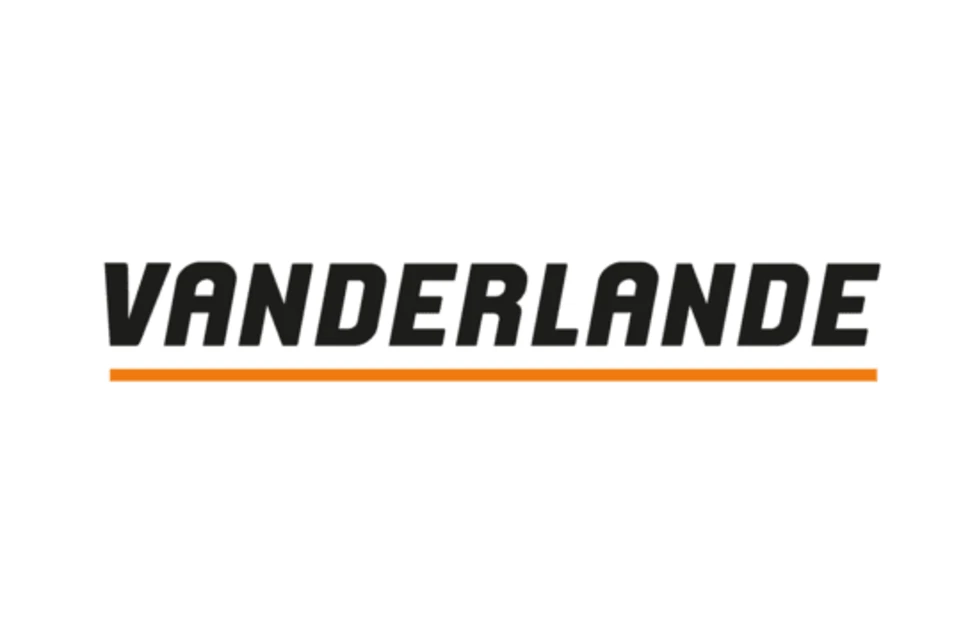Steel imports quickly fill EU’s Q3 safeguard quotas
Several of the European Commission’s steel import safeguard quotas have already filled up, just four days into the third-quarter customs clearance period (July-September).
Hot rolled coils from Taiwan exceeded the 13% cap for individual countries using the measures’ “other countries” quota, which amounts to 112,707 tonnes. South Korea’s individual quota for hot rolled coils is almost full, meanwhile, with 83% of the 163,078 tonnes volume already allocated for customs clearance.
Zero import volumes have been allocated to Egypt, Vietnam and Japan’s utilisation of the same category, however. These countries remain subject to provisional antidumping duties, prompting importers to use alternative origins such as Indonesia and Saudi Arabia, which are not affected by safeguard measures.
Speaking on a Southern Europe-focused episode of MEPS’s Market in Minutes podcast, this week, steel market analyst Benedicte Mikolajczak said that imports would continue to apply downward pressure to EU steel prices, despite a tightening of trade defence measures. She said: “The recent revisions to the EU safeguard measures have put further limits on imports by introducing those quota caps within the ‘other countries’ quotas that were already present for hot rolled coils but are now also present for cold rolled and galvanised.
“But that has not really prevented importers from importing. As we continue to see, quotas are getting full. Today is July 1, and we will see again probably some quotas filling up very quickly on hot rolled, galvanised and maybe also cold rolled coils.”
Various countries exceed new quota caps
As well as the quickly filled tariff-rate quotas for hot rolled coil, mentioned above, Turkey has already exceeded its 43,990-tonne individual quota limit for cold rolled coils. Furthermore, Taiwan and Japan have already used up 35% and 42% of their respective allocations.
Among the European Commission’s tariff-rate quota for coated coils, Vietnam has already exceeded its 119,429 tonne cap within the “other countries” category’s quarterly quota for 4A material. Taiwan and Turkey are also approaching their individual caps, with only 22% and 50% remaining. Meanwhile, India has 26% of its individual quota allocation remaining.
Concerning the 4B category of coated coil, which is widely used by Europe’s automotive sector, China has again used up its individual quotas, while Turkey and Vietnam have exceeded the 20% cap for the product’s “other countries” tariff-rate quota.
Among the EU safeguards’ long product categories, Turkey has already used up its quotas for rebar and wire rod. Algerian-origin material has also exceeded the “other countries” quota cap for wire rod, while its rebar quota was also 96% full. Egypt’s rebar and wire rod allocations were 89% and 73% full, respectively. Meanwhile, Malaysia’s cap on wire rod has been exceeded, with some importers having already turned to suppliers in Indonesia and Tunisia as alternative sources.
Mikolajczak said: “These above-quota import volumes will incur the payment of safeguard duties, unless material is left in ports. However, importers will want to despatch stock before January 1, 2026, when the CBAM taxes are implemented. This influx of imports could apply significant downward pressure on steel prices in a context of continued low demand.”
This week’s Market in Minutes podcast on Southern Europe’s steel market drew from research conducted for MEPS’s European Steel Review. Last month’s review showed a general decline in steel prices for a second consecutive month.

Source:
European Steel Review
The MEPS European Steel Review is an informative, concise and easy-to-use monthly publication, offering unique professional insight into European carbon steel prices.
Go to productRequest a free publication





